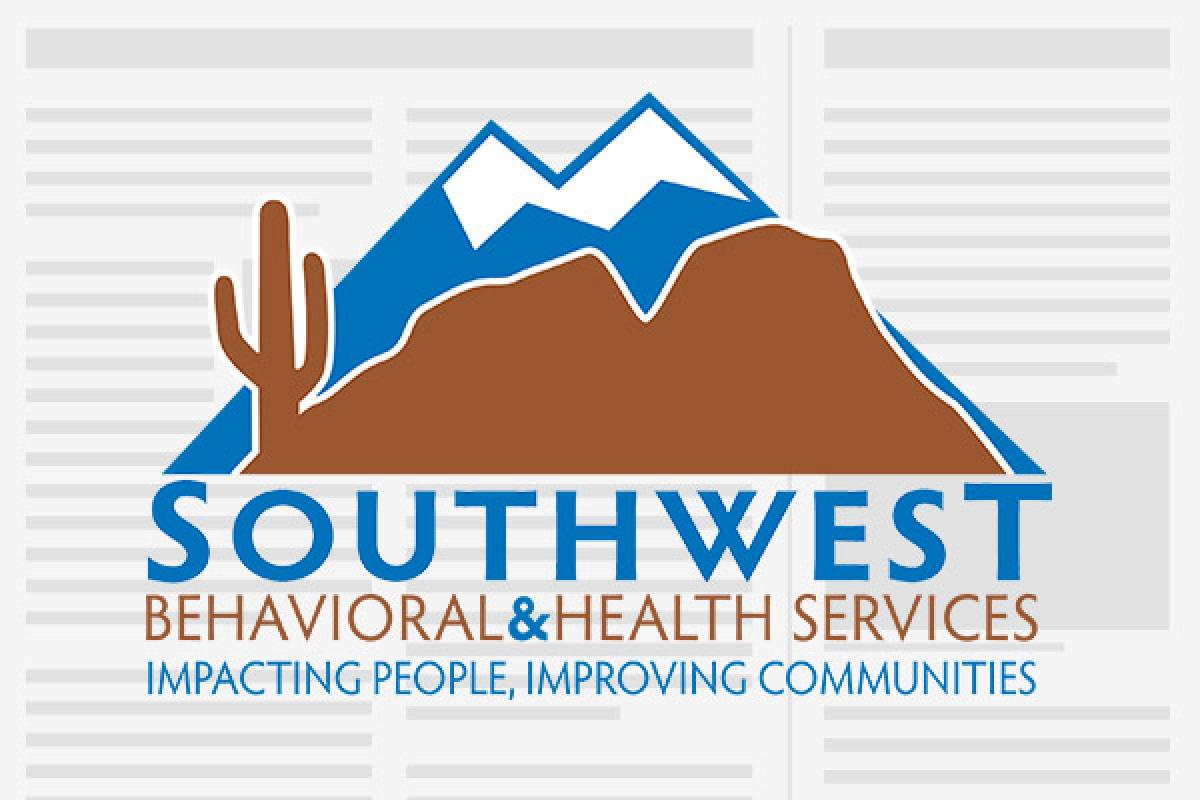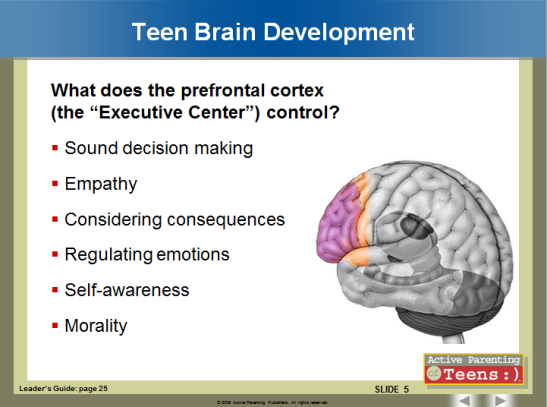
Subject line: “Have you ever said this to your child?”
“What were you thinking?” Most parents have said this to their tween or teen, or at least thought it, at one time or another. Sometimes our children can surprise us with impulsive or risky behaviors, and we might be thrown off guard by it. “I thought I taught him to know better than that,” we might worry to ourselves.
Actually, neuroscience has an explanation for us. The human brain is not fully developed neurologically until the mid-20s. See a brief, but informative video here. Impressive changes are happening as synaptic pruning takes place during adolescence.
Do these behaviors and traits in teens seem familiar? We might remember experiencing these things ourselves as teens.
· Difficulty holding back or controlling emotions
· A preference for physical activity
· A preference for high excitement and low effort activities (video games, sex, drugs, rock ‘n’ roll)
· Poor planning and judgment (rarely thinking of negative consequences)
· Risky, impulsive behaviors, including experimenting with drugs and alcohol
These conditions can lead to mood swings and vulnerability in our kids that can leave us parents baffled, frustrated and worried.

Teens are operating without the benefit of a fully-functioning prefrontal cortex.
While it can be helpful to understand why our kids tend to act as they do, we may be left wondering, “What can a parent do to get their teens safely through adolescence into adulthood?” No worries; we’ll be delving into this question with far greater depth in the Active Parenting of Teens workshops that we deliver in various locations across the Valley. We’ll learn things like:
· What style of parenting results in a closer relationship so that our kids will be more likely to turn to us with their worries
· Ways we can win our kids’ cooperation, rather than becoming mired in power struggles as we try to force them to cooperate
· How we can effectively discipline them so that they will learn instead of merely suffering punishment
· Reasons behind their misbehavior and ways we can meet their unspoken needs in positive ways
· Ten specific strategies to prevent many types of problems, including substance abuse, violence, sex at too young an age, and technology-related risks
We hope this primer on the teen brain is helpful to you in understanding the “whys” behind your child’s behavior. These years can be fun – the last few before they leave the nest – and the more understanding we have, the better we can guide them.














